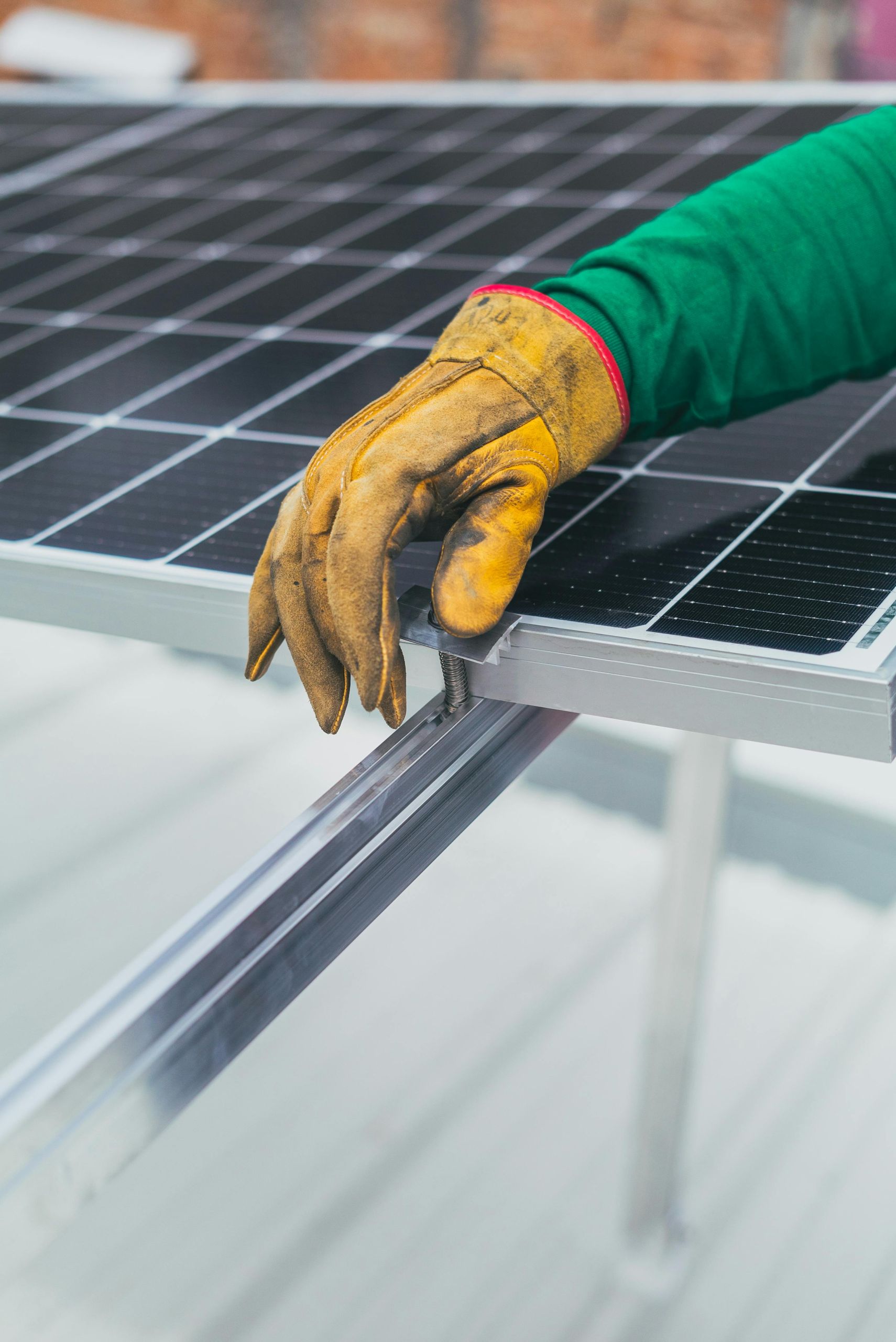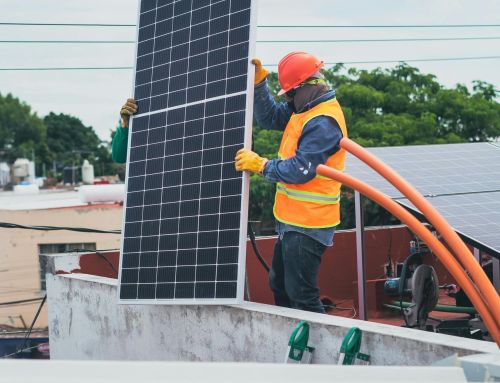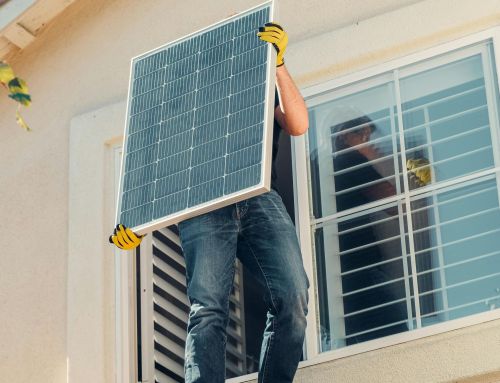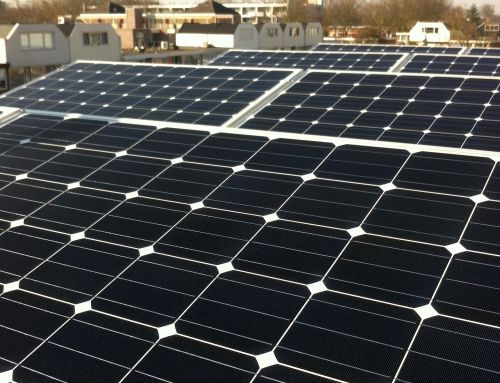So, you’re thinking about making the switch to solar power – fantastic! But a nagging question might be lingering in your mind: Do solar panels work when not in direct sunlight? After all, who has sunshine every single day, right?
The good news is, solar panels are surprisingly resilient. While they undoubtedly perform best under the sun’s direct gaze, they can still generate electricity even on cloudy days. Here’s the science behind it:oes Here
How Solar Panels Capture Energy Even Without Direct Sunlight
Sunlight is more than just the warmth and brightness we feel. It’s a spectrum of light energy, and even on cloudy days, some of this light – particularly the invisible ultraviolet (UV) rays – manages to penetrate the clouds. These UV rays are what solar panels use to create electricity through a process called the photovoltaic effect.
Think of it like this: Imagine your solar panel is a tiny sun-catcher. The more sunlight it catches, the more energy it can generate. On a clear day, your sun-catcher is basking in full sunlight, collecting lots of energy. On cloudy days, the sun’s rays are a little dimmer, but your sun-catcher can still gather some energy, albeit less than on a sunny day.
Now, this doesn’t mean you can completely ditch the sunshine and expect your solar panels to power your entire home on cloudy days. Their efficiency will definitely drop. However, the amount of electricity they generate can still be surprisingly significant.
Factors Affecting Solar Panel Performance in Cloudy Conditions
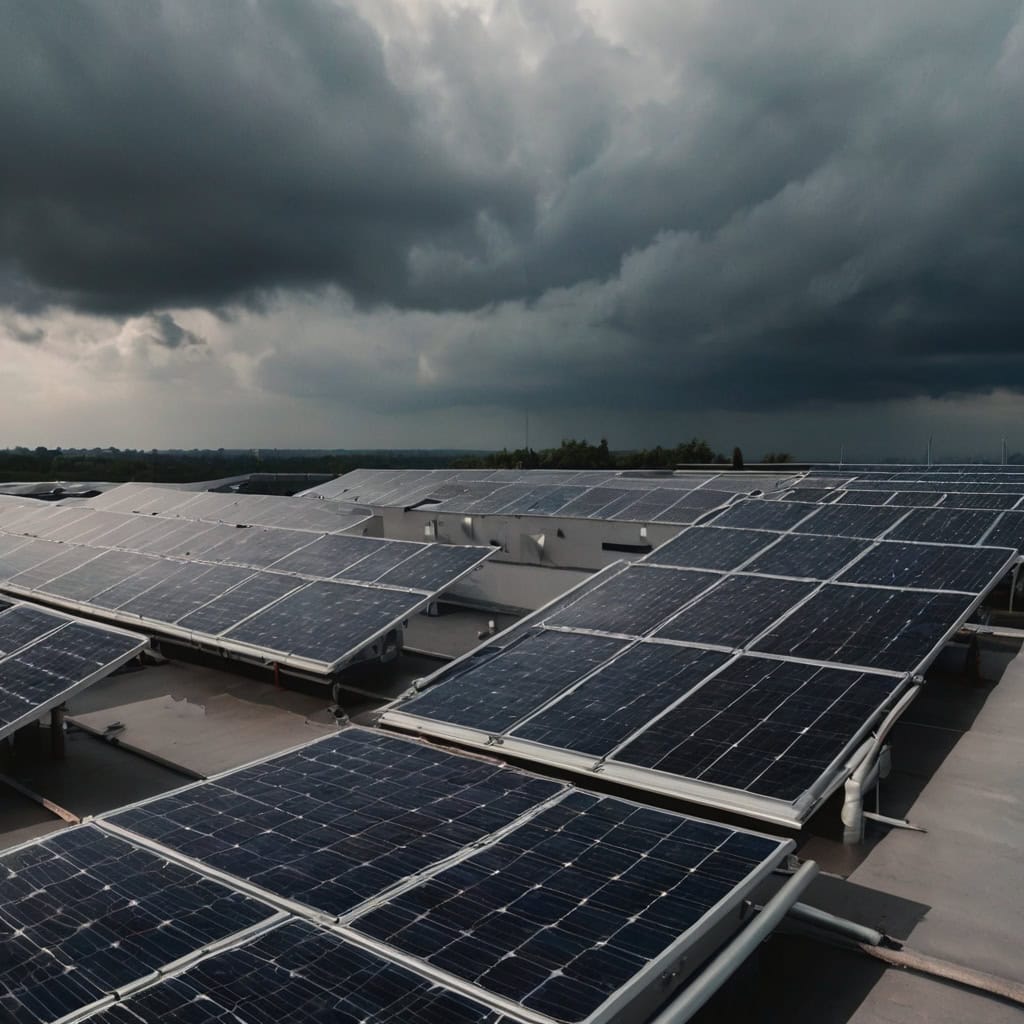
Cloud Cover Thickness
The thickness of clouds plays a significant role in how much sunlight can reach your solar panels. Thicker, denser clouds block more sunlight than thinner, wispy clouds. This means that on days with thick cloud cover, your solar panels will generate less electricity compared to days with lighter clouds.
Cloud Type
Different types of clouds have varying levels of opacity. Cirrus clouds, for example, are thin and wispy, allowing more sunlight to pass through. Cumulonimbus clouds, on the other hand, are thick and dense, blocking a significant amount of sunlight. The type of clouds present in your area can affect the overall performance of your solar panel system.
Location
Your location can also impact how solar panels perform in cloudy conditions. Areas with generally less sunshine, such as those farther from the equator or with frequent cloud cover, may experience a more significant drop in solar panel efficiency on cloudy days. However, even in these regions, solar panels can still generate electricity and provide a valuable source of renewable energy.
Strategies to Maximize Solar Panel Efficiency on Cloudy Days
How to power a solar panel without sunlight isn’t currently feasible. However, there are ways to maximize your solar panel system’s effectiveness and mitigate the impact of cloudy days:
System Size

A larger solar panel system can help mitigate the impact of cloudy days. By installing a larger system, you can generate more electricity overall, even on days with reduced sunlight. This provides a buffer for cloudy periods and ensures that you have enough energy to meet your home’s needs.
Battery Storage
Adding a battery storage system to your solar setup is another effective way to manage cloudy days. These systems store excess electricity generated during sunny periods, allowing you to use it to power your home during cloudy weather or at night. This can help reduce your reliance on the grid and provide a more consistent energy supply.
Monitor Your System
Keeping an eye on your solar panel system’s performance allows you to understand how it operates under different weather conditions. By monitoring your system’s output, you can identify any issues or inefficiencies and take steps to optimize its performance. Additionally, monitoring your system can help you estimate your energy consumption and adjust your usage accordingly.
Remember: Even with some reduction in efficiency, solar panels are a fantastic investment for a sustainable future. They still generate clean energy on cloudy days, and with proper planning and system design, you can minimize the impact of less sunshine.
Monitor Your System
Prolectrix is a leading provider of solar panel installations in Auckland. Our team of experts can assess your energy needs and design a solar system that optimizes your home’s energy production, even on less sunny days. Contact us today for a free consultation and unlock the solar power solution for your home!
Conclusion
So, do solar panels work when not in direct sunlight? The short answer is yes, but their efficiency is reduced compared to sunny days. However, with proper planning and system design, you can still harness the power of the sun and enjoy the benefits of solar energy even on cloudy days.

